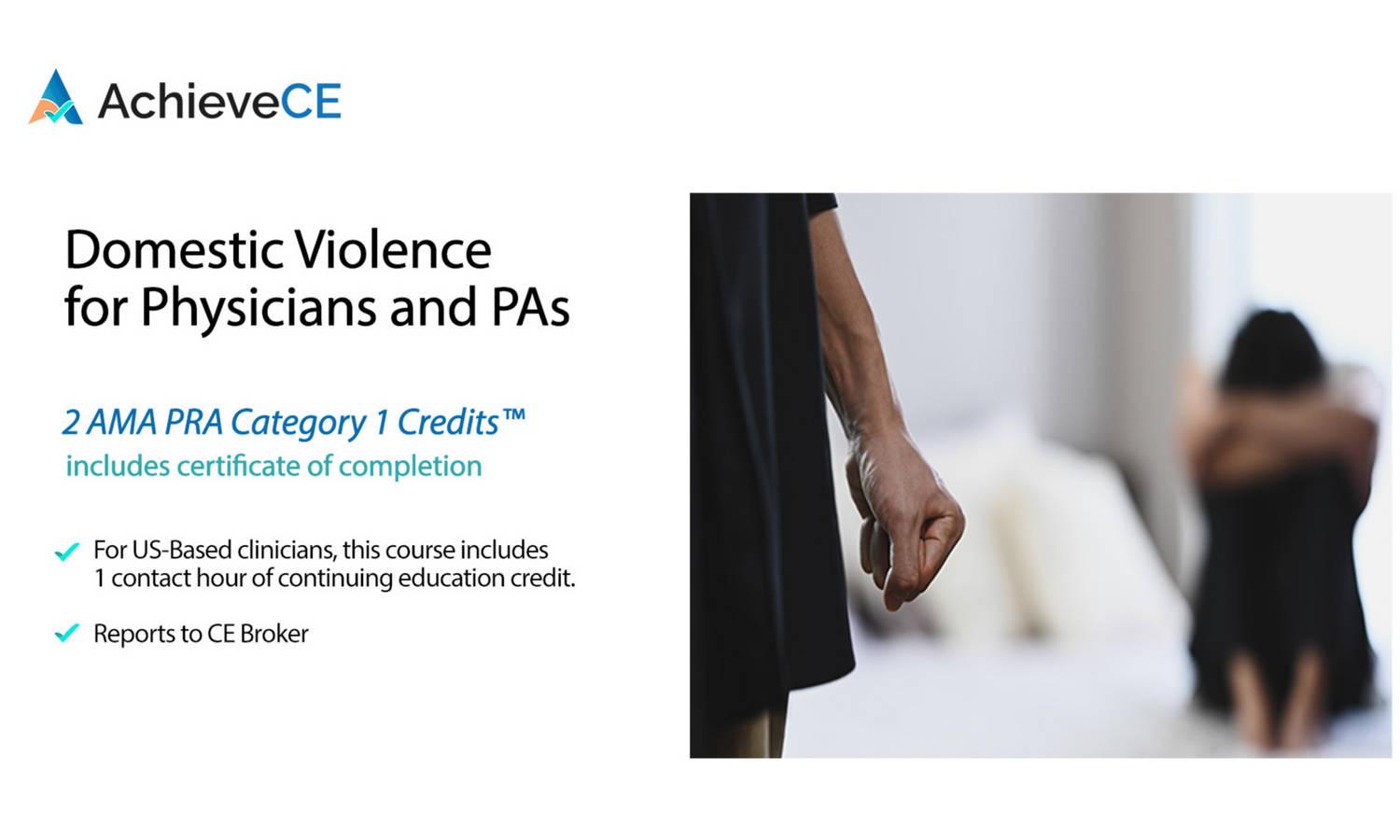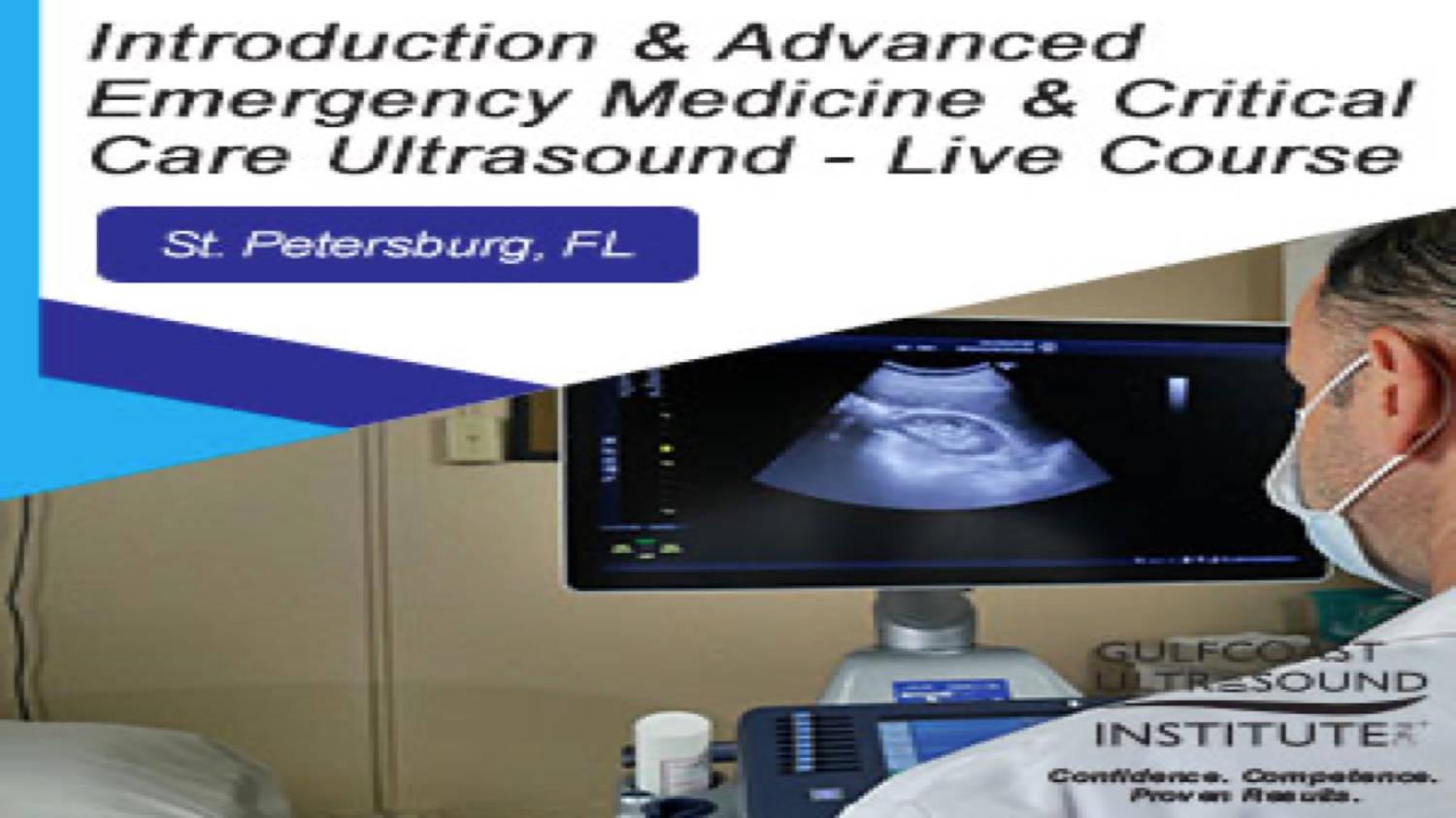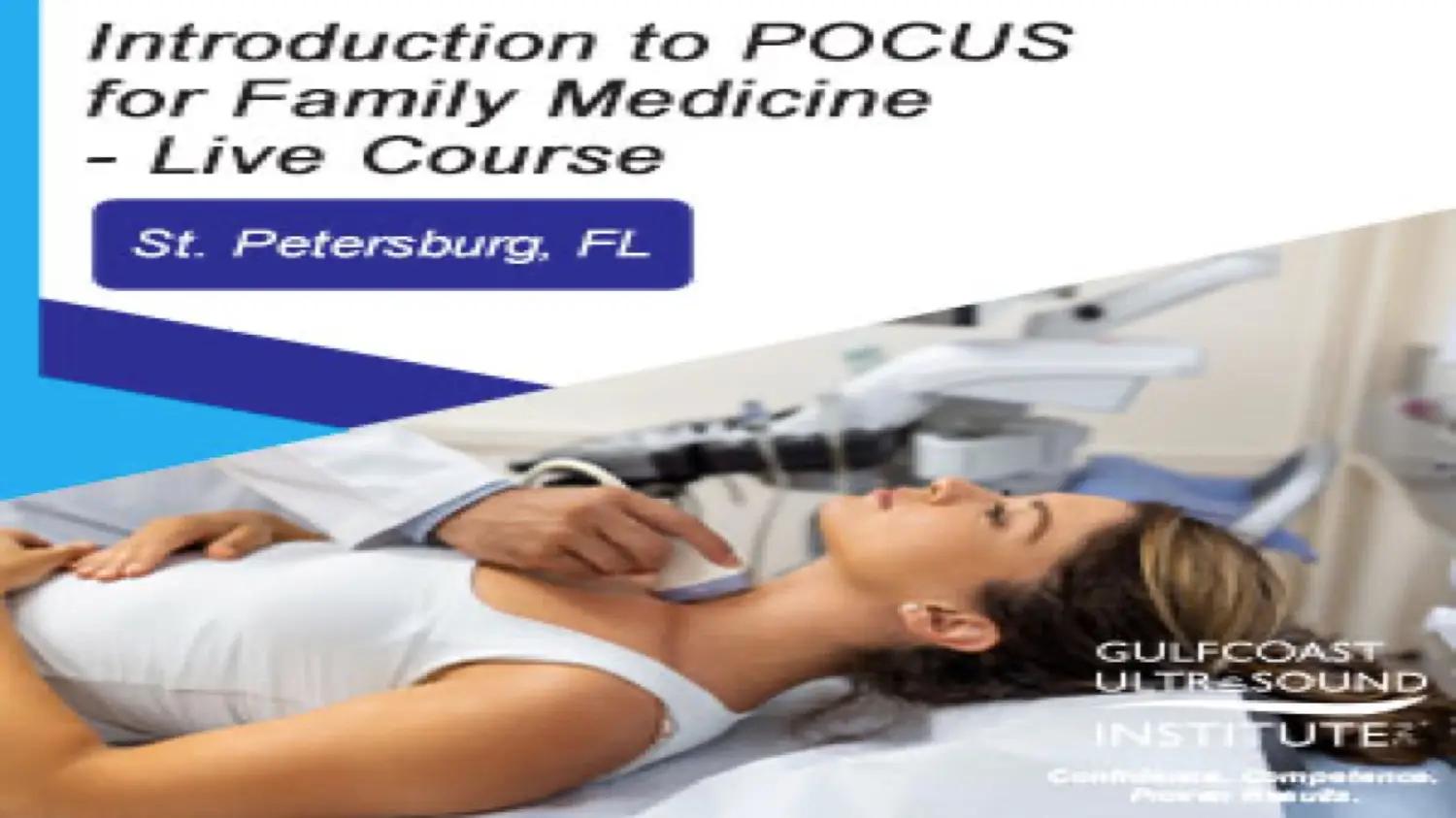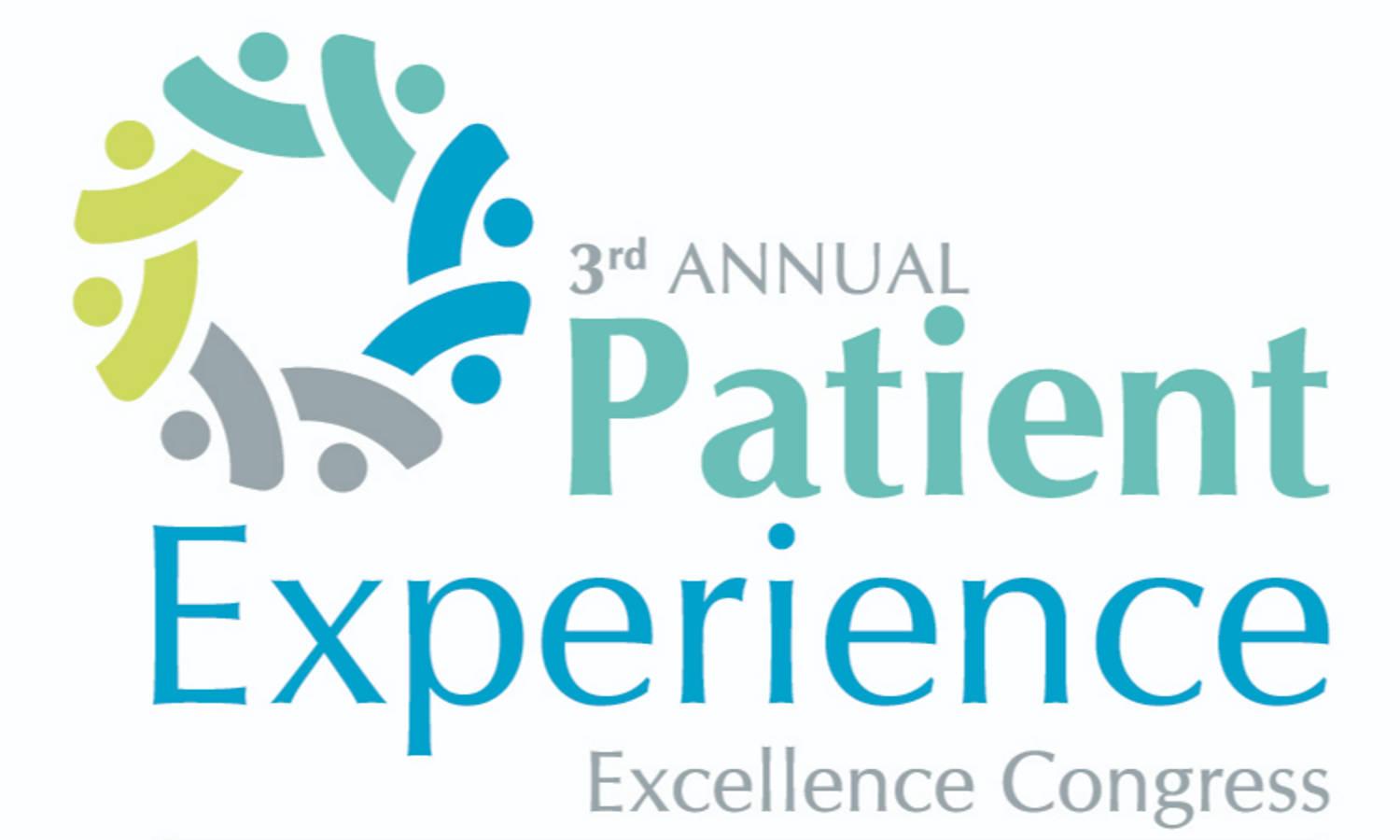
Building Bridges of Understanding: Behavioral Health Education for Pediatric Primary Care (5 hrs.)
 hosted byBoston Children's Hospital
hosted byBoston Children's HospitalBuilding Bridges of Understanding: Behavioral Health Education for Pediatric Primary Care is organized by Boston Children's Hospital.
Release Date :11/03/22
Expiration Date :11/02/25
Topic :
• Adolescent Medicine
• Behavioral Medicine
• Family Medicine
• General Pediatrics
• Primary Care
• Psychiatry
• Psychology
Description:
This introductory course for pediatric primary care practitioners (PPCPs) provides a comprehensive overview of the identification, assessment, and management of anxiety, depression and attention-deficit/hyperactivity disorder (ADHD) in the primary care setting. By completing this course, PPCPs can acquire the core mental health competencies essential for the safe and effective management of mild to moderate presentations of these common disorders.
The course begins with the rationale for providing behavioral health services in pediatric primary care, including the preference of patients to receive behavioral health care in their convenient, trusted medical home. The course then proceeds to introduce a straightforward, four-step model of care for anxiety, depression, and ADHD in the pediatric setting, entailing screening, assessment, primary care treatment, and referral for specialty care treatment.
The course includes detailed information about universal behavioral health screening for children and adolescents; guided self-management tools for preventive management of sub-clinical behavioral health concerns; focused behavioral health assessment for the primary care setting; and evidence-based, first-line medications for anxiety, depression, and ADHD. The course also provides an overview of evidence-based psychotherapies for these disorders to guide brief psychotherapeutic interventions by PPCPs, and an overview of adjunctive home- and school-based supports. Indications for referral to specialty behavioral health care also are reviewed.
The course concludes with a summary of the information presented, along with resources to support the provision of behavioral health care to pediatric patients, including a Clinical Manual for Pediatric Practitioners, and a Guided Self-Management Toolkit for Families. The course also recommends Clinical Practice Guidelines/Clinical Updates developed by the American Academy of Child and Adolescent Psychiatry and the American Academy of Pediatrics for advanced learning.
Learning Objectives:
At the conclusion of this educational program, learners will be able to:
• Describe the central role pediatric primary care practitioners play in the management of mild to moderate presentations of anxiety, depression, and ADHD
• Describe the stepped model of behavioral health care in pediatrics and how to implement universal behavioral health screening
• Describe the evidence-based management of mild to moderate presentations of anxiety, depression, and ADHD in the primary care setting, and when to refer severe/complex presentations of these disorders to specialty BH care









